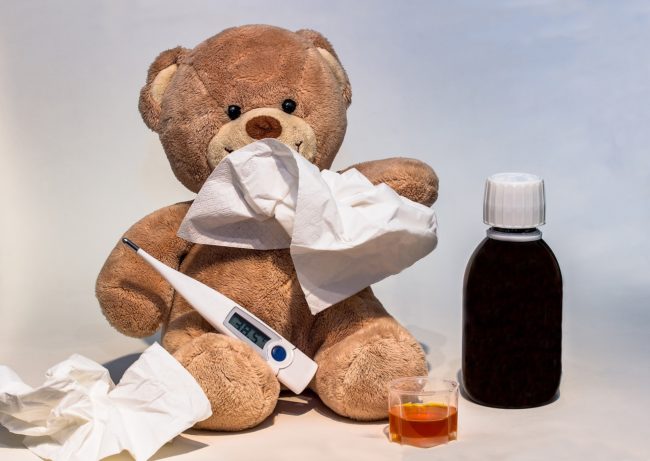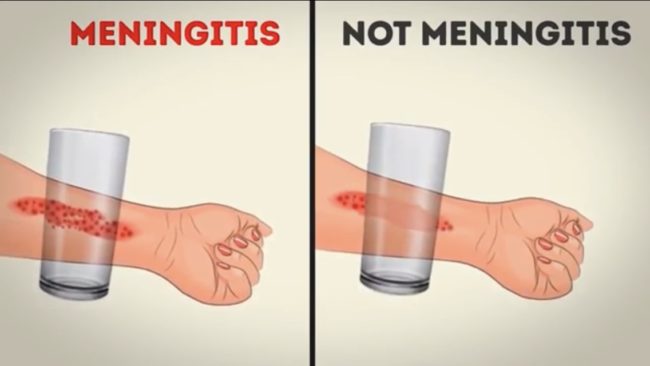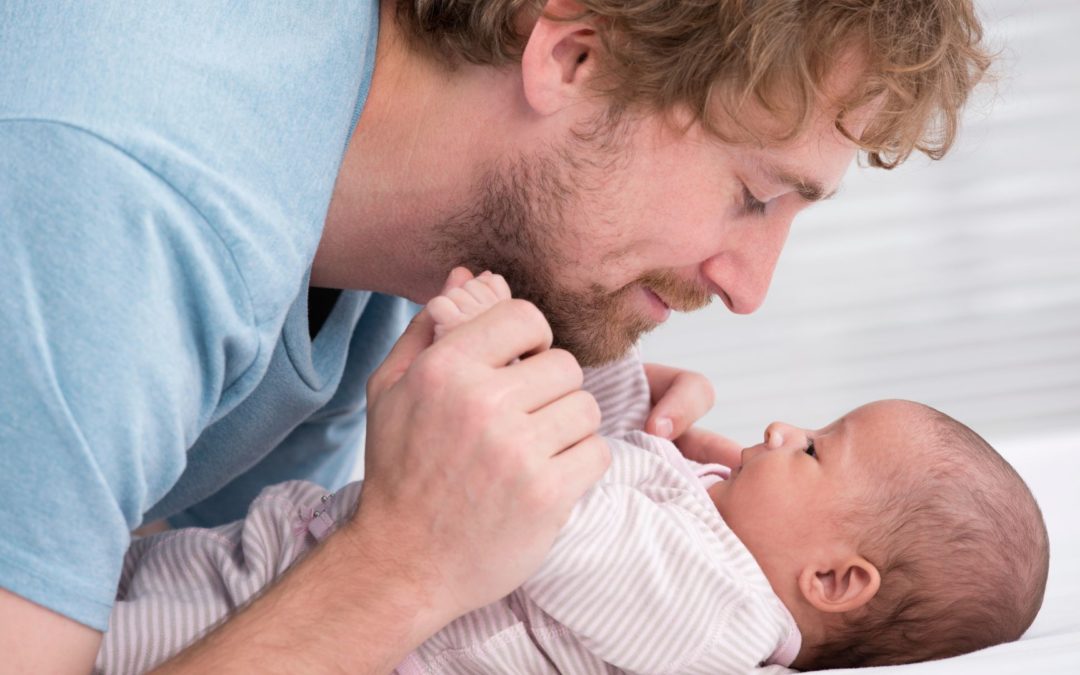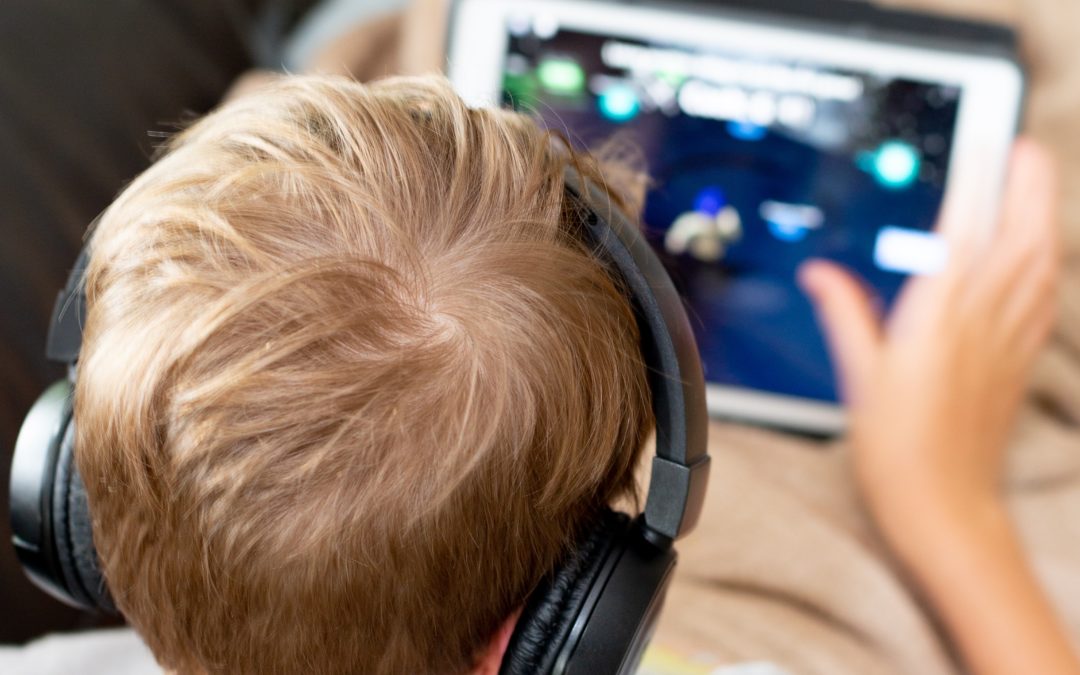
Knowing the signs and symptoms of meningitis could save your child’s life. While it can affect anyone, it is most common in babies, young children, teenagers and young adults. Meningitis can be very serious if not treated quickly.
What is meningitis?
Meningitis is an infection of the protective membranes that surround the brain and spinal cord (meninges). It can lead to life-threatening blood poisoning (septicaemia) and result in permanent damage to the brain or nerves. There are a number of vaccinations are available, including the MMR vaccine, that offer some protection against meningitis.
How do I spot meningitis?
Young children can get ill quickly, so be sure to check them often. The early symptoms of meningitis and septicaemia (the blood poisoning form of meningitis) can seem like other illnesses, but symptoms can quickly get worse. Trust your instincts and if you feel concerned that your child might have meningitis then don’t hesitate to get them checked out urgently.
Symptoms in babies
- Unusual grunting sounds
- Vomiting / refusing to feed
- Irritable when picked up, with a high pitched or moaning cry
- Blotchy skin, getting paler or turning blue
- A stiff body with jerky movements or else floppy and lifeless
- Pain / irritability from muscle aches or severe limbs/ joint pain
- Cold hands and feet
- Tense or bulging soft spot
- High temperature (Warning – could be normal or low in babies under 3 months)
- Very sleepy / staring / expression / too sleepy to wake up
- Breathing fast / difficulty breathing
- Extreme shivering
- ‘Pin prick’ rash / marks or purple bruises anywhere on the body (see image below)
- Sometimes diarrhoea
Symptoms in children and young adults
Early symptoms may include:
- Fever
- Vomiting
- Headache
- Feeling unwell
- Limb pain
- Pale skin
- Cold hands and feet
- Neck stiffness
- Dislike of bright lights and confusion.
Children may also experience a rash (see below), be very sleepy and delirious and suffer from seizures.
If you sense that your child is more ill than usual or you are concerned always consult a GP or out of hours service. Your child may not suffer from every symptom.
The rash
If you are seriously worried about your child (or another relative- meningitis can also affect adults) then don’t wait for the rash to appear- get medical help immediately.
However, if they are already ill and a rash has appeared, use the ‘tumbler test’.

Firmly press a clear glass tumbler against the rash. If you can see the marks clearly through the glass then get medical help immediately.
Make sure you check the entire body and look for tiny red or brown pin-prick marks which can change into larger red or purple blotches and blood blisters.
The darker the skin the harder it is to see a septicaemic rash, so check lighter areas like the palms of hands and the soles of the feet, or look inside the eyelids and the roof of the mouth.
Whether there is a rash or not, a very ill person needs urgent medical help.
It’s important to also remember that septicaemia can occur with or without meningitis. Not everyone gets all the symptoms and they can appear in any order.









